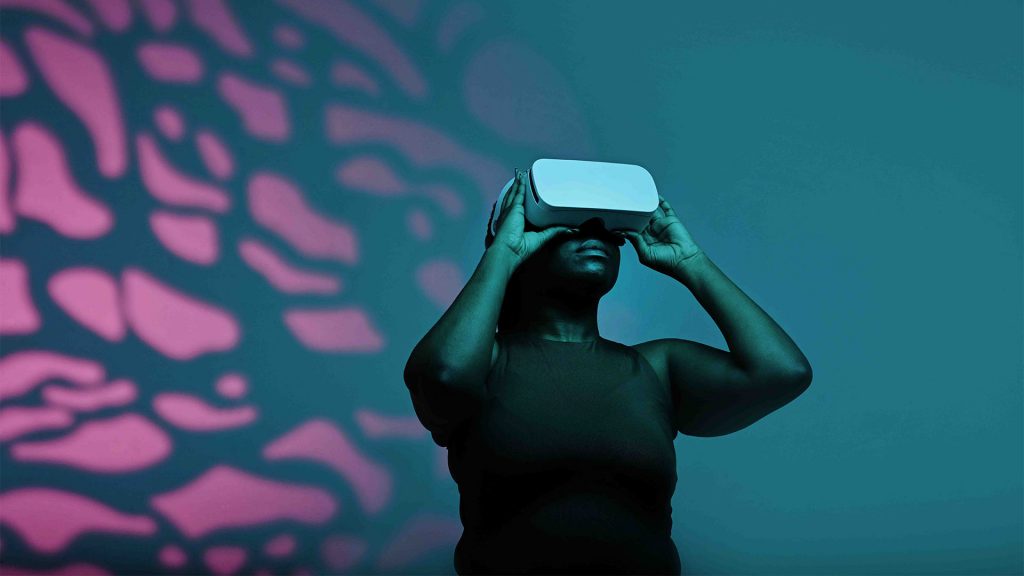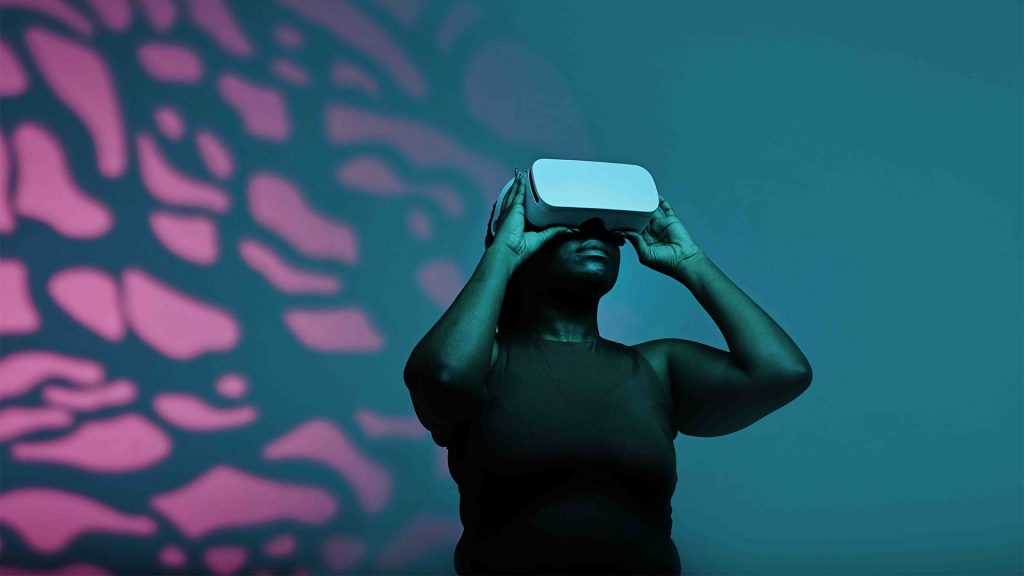Navigating the Virtual Frontier: Exploring the Future of Virtual Reality


In the ever-evolving landscape of technology, few advancements hold as much promise and potential as virtual reality (VR). What was once confined to the realm of science fiction is now rapidly becoming a tangible reality, blurring the line between the virtual world and our own. With each new advancement in VR technology, we edge closer to a future where attending meetings, concerts, and even traveling the world can be accomplished from the comfort of our living rooms. As we peer into the horizon of 2030, the possibilities of VR to revolutionize the way we live, work, and play are boundless.
1. Immersive Experiences
At the heart of VR lies its ability to transport us to new and immersive worlds, far beyond the confines of our physical reality. Whether it’s exploring the depths of the ocean, scaling the peaks of Mount Everest, or stepping into a virtual classroom, the experiences offered by VR are limited only by our imagination. By 2030, we can expect these immersive experiences to become even more lifelike and captivating, thanks to advancements in graphics, haptics, and sensory feedback.
2. Remote Collaboration
The way we work is undergoing a profound transformation, with remote work becoming increasingly prevalent in today’s digital age. With VR, the concept of remote collaboration takes on a whole new meaning. Imagine attending a virtual boardroom meeting with colleagues from around the world, where you can interact with lifelike avatars and manipulate virtual objects in real-time. By 2030, VR has the potential to revolutionize the way we collaborate, breaking down geographical barriers and fostering seamless communication and teamwork.
3. Virtual Entertainment
From live concerts to sporting events, VR has the power to revolutionize the way we experience entertainment. By 2030, we could be donning our VR headsets to attend sold-out concerts, front-row seats at the big game, or even immersive theater performances, all from the comfort of our own homes. The possibilities for virtual entertainment are endless, offering unprecedented access to experiences that were once out of reach.
4. Virtual Travel
In a world where travel restrictions and environmental concerns are on the rise, VR offers a compelling solution. By 2030, we could be exploring the wonders of the world without ever leaving our living rooms. From walking the streets of Paris to hiking the trails of Machu Picchu, VR has the potential to democratize travel, making it accessible to people of all ages and abilities.
5. Ethical Considerations
As we embrace the promise of VR, it’s essential to consider the ethical implications of this technology. From issues of privacy and data security to concerns about addiction and escapism, VR raises important questions about how we interact with and perceive reality. By addressing these ethical considerations head-on, we can ensure that VR remains a force for good, enhancing our lives without compromising our values and principles.
Conclusion
As we look ahead to the year 2030, the future of virtual reality is both exciting and tantalizing. From immersive experiences and remote collaboration to virtual entertainment and travel, the possibilities are limited only by our imagination. By embracing the potential of VR and addressing the ethical considerations it raises, we can navigate the virtual frontier with confidence and optimism. So let’s strap on our headsets and embark on a journey into the unknown, as we explore the boundless possibilities of the VR future. #VRFuture #TechEvolution



